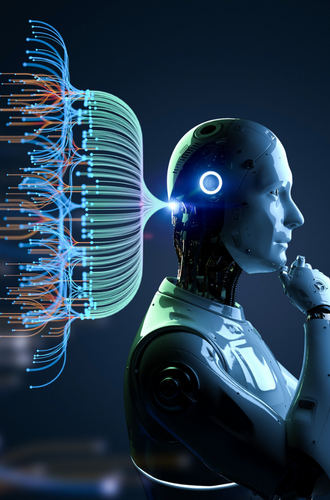
December 21, 2022
Lawfare
“To some defense professionals and officials, the phrase “revolutions in military affairs” may seemingly belong in the 1990s, along with talk about how reconnaissance-strike and other high-tech capabilities would “lift the fog of war.” This understanding, however, reflects a misinterpretation of a concept that still holds significant analytical power for assessing defense applications of emerging technologies. The revolutions in military affairs (RMA) framework—a mental model evaluating technology’s effect on warfare—can be extremely helpful in addressing this distorted understanding, particularly for thinking through the impact of artificial intelligence (AI) on national security. For example, and as I have described in a longer paper, the RMA framework can help policymakers consider AI’s influence on defense amid the U.S.-China technological and strategic competition by illustrating the current limitations of AI’s military impact and highlighting areas where technological and intellectual progress could one day spark revolutionary changes. It also highlights that AI’s military impact could be limited in the near term without critical and careful thinking about how the technology is applied.”
Back to Library